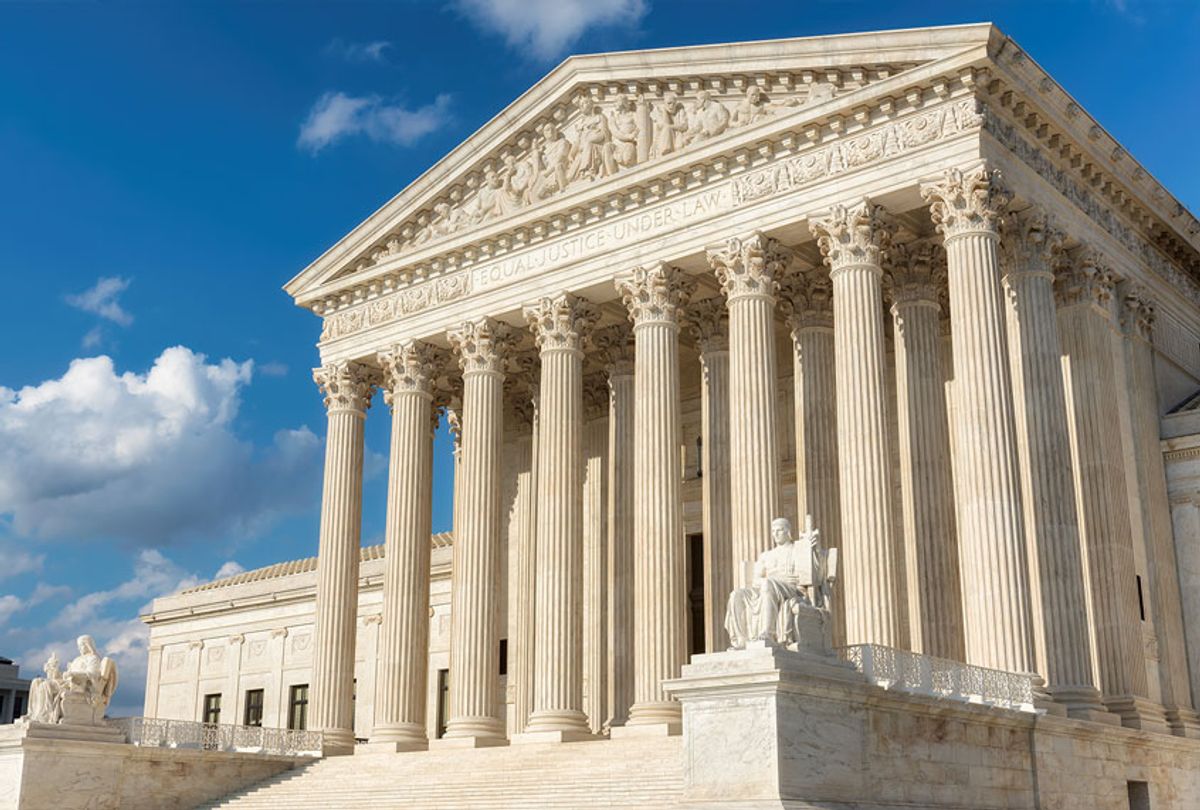On Monday, the Supreme Court handed down a long-anticipated decision on the constitutionality of laws prohibiting so-called "faithless electors."
In a unanimous 9-0 ruling, the court found that it is constitutional for states to force delegates in the Electoral College to cast a vote in line with the result of the popular vote winner for president in that state — and can remove and replace them if they refuse to do so.
Thirty-two states currently have such laws on the books, which effectively guarantee that the winner of their states' electors will be decided by the popular vote.
Faithless electors have occurred in a number of elections throughout American history, including a handful in the 2016 election in both red and blue states who refused to vote for the winner of their state. However, electors have never broken ranks in large enough numbers to significantly shift the outcome of a presidential election.




Shares